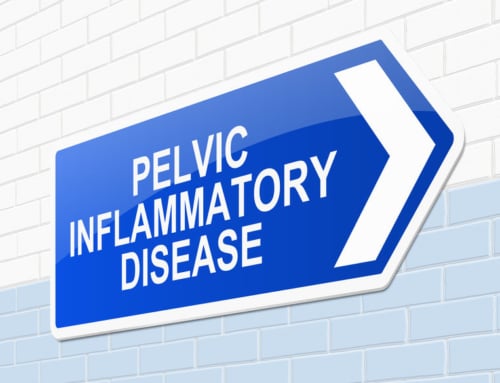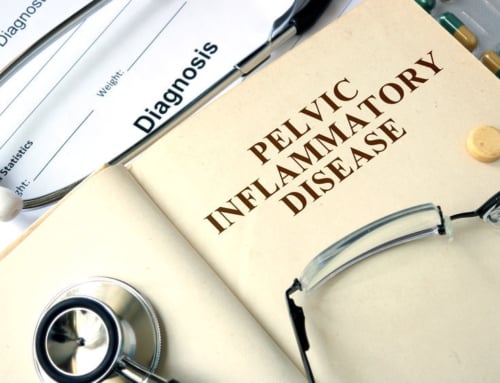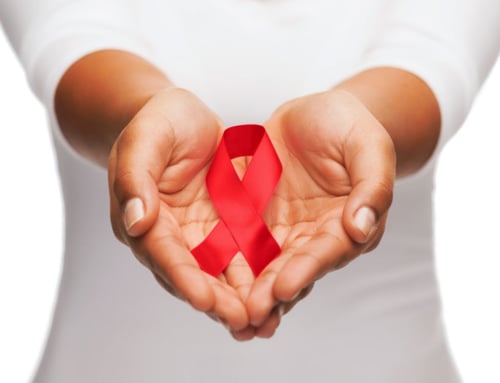Dealing With PCOS
Polycystic ovary syndrome (PCOS) affects up to 26% of women worldwide. This syndrome tends to plague women during childbearing years, or ages 15-44. PCOS disrupts a woman’s ovulation cycle, leading to irregular periods and fertility issues. Women with the disease develop cysts on the ovaries that affects the body’s ability to release eggs. Here are a few key facts about PCOS.
Things you didn’t know about PCOS
PCOS is a disease that leads to other health complications. Although doctors haven’t pinpointed one singular cause of the disease, researchers have noticed certain patterns.
1. PCOS isn’t caused by just one factor
Women diagnosed with PCOS all have different triggers. For some, the disease is hereditary, while others suffer due to other factors.
- Genetics: Scientists believe PCOS is genetic, affecting multiple women within the same family. Researchers believe genetic mutations, along with environmental elements, can cause the disease.
- Insulin resistance: The pancreas produces insulin to convert sugar into energy for the body. However, insulin resistance affects the body’s ability to use insulin. When the body can no longer process insulin, the pancreas produces excess insulin, disrupting hormone levels. Scientists have found a direct link between insulin resistance and PCOS.
- Inflammation: This is a broad term that refers to internal or external inflammation of the body. Anything from internal passageways to external body parts can be affected.
2. Obesity plays a role in PCOS
Obese adult women are one of the primary groups affected by PCOS. PCOS makes the female body produce excessive amounts of androgen hormones. Androgen hormones are male hormones. Typically, the female body uses estrogen and progesterone hormones to function. The body also produces small amounts of androgen hormones. In women with PCOS, androgen hormone production becomes hyperactive, leading to adverse effects. These hormones may prompt the female body to distribute fat like the male body, leading to obesity. Additionally, insulin resistance makes the body store fat disproportionally.
3. PCOS could be a precursor to diabetes
Insulin resistance, obesity, and genetics all play a part in the development of diabetes. Women with PCOS are more likely to be diagnosed with type 2 diabetes, a disease that develops over time.
4. Women with PCOS deal with acne and male-pattern baldness
The hormone imbalances caused by PCOS, including excessive amounts of androgen and insulin, lead to other issues such as acne and baldness. Women experience breakouts all over the body, including the chest and back. Women also notice hair thinning and patches of hair falling out.
When to seek medical attention
If a woman is experiencing any signs or symptoms of PCOS, speaking with a healthcare provider can provide clarity and treatment options. A physician can run tests to find the root cause of any hormonal issues and offer treatment options to find relief.







